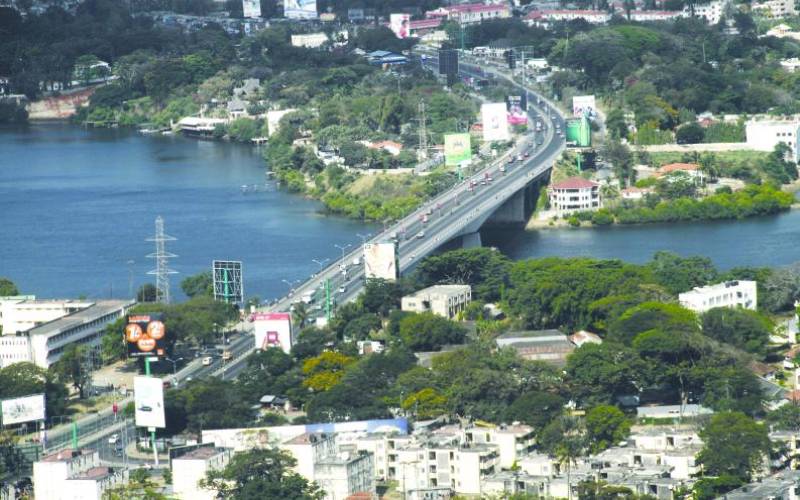×
The Standard e-Paper
Join Thousands Daily

It's now taking motorists 10 minutes to Mombasa Central Business District from Nyali Bridge, a stretch of six kilometres they would ordinarily spend an hour on during traffic peak hours.
It is all about 'Happy Hour.' And no, the 'Happy Hour' has nothing to do with that period of the day when drinks are sold at reduced prices in pubs. Far from it.